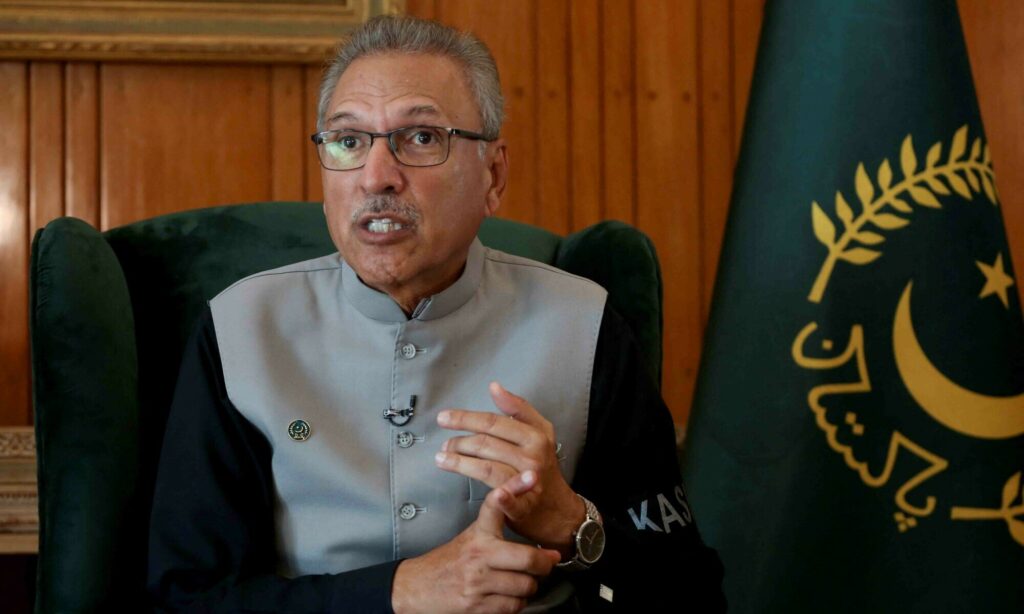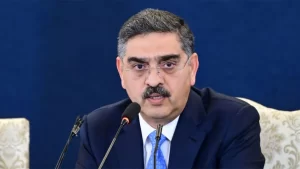Surrounding Alvi’s Admission of ‘Party Pressure’ on Bills-Unveiling the Controversy

Unveiling the Controversy Surrounding Alvi's Admission of 'Party Pressure' on Bills
Introduction
In the world of politics, transparency and integrity stand as pillars of trust between elected representatives and the public. However, controversies often arise, shaking the foundation of this trust. One such recent controversy revolves around the admission made by prominent figure Alvi, who acknowledged succumbing to ‘party pressure’ on certain bills. In this blog, we delve into the details of this controversy, its implications, and the broader discussion it ignites about the delicate balance between personal convictions and party loyalty.
Controversy
The controversy emerged when Alvi, a respected figure in politics, candidly admitted that he had voted in favor of certain bills not entirely aligned with his personal beliefs due to ‘party pressure.’ This revelation has sparked a debate about the extent to which party loyalty influences individual decisions in the political landscape. It raises questions about whether elected representatives prioritize their constituents’ interests or party directives when voting on crucial matters.
Implications for Democracy
Representative Accountability: A cornerstone of democracy is the accountability of elected representatives to their constituents. Voters expect their chosen representatives to act in the best interests of the public. The controversy surrounding Alvi’s admission raises concerns about whether party pressures undermine this accountability, leading to decisions that might not truly represent the desires of the people.
Ethical Quandaries: The admission of succumbing to ‘party pressure’ highlights ethical dilemmas faced by politicians. Striking a balance between adhering to party lines and maintaining personal convictions is no small task. This controversy forces us to confront the question of whether elected officials should prioritize party unity over their personal ethical standards.
Public Trust Erosion: Trust between the public and their representatives is vital for a well-functioning democracy. When an admission like Alvi’s surfaces, it can erode this trust. Citizens might question whether their elected officials are making decisions based on genuine concern for the public’s welfare or merely following the party’s agenda.
Navigating Party Loyalty and Personal Convictions
Internal Party Dynamics: Political parties are complex entities with their own internal dynamics. Party leadership often exerts pressure on members to maintain a united front. While unity can be powerful, it should not come at the cost of stifling diverse viewpoints or sidelining individual moral compasses.
Transparent Decision-Making: To address controversies like this, parties could benefit from transparent decision-making processes. When party members understand the rationale behind certain directives, they may be more inclined to align without feeling their convictions are compromised.
Ethics Education: Providing ethical training to politicians can empower them to navigate the fine line between party loyalty and personal convictions. This education could include discussions on the role of elected officials in representing their constituents while also adhering to their principles.
Empowered Voter Base: A vigilant and informed electorate can influence representatives’ behavior. When voters demand accountability and transparency from their elected officials, it reinforces the idea that politicians should prioritize their constituents’ well-being over party pressures.
Conclusion
The controversy surrounding Alvi’s admission of succumbing to ‘party pressure’ exposes the intricate web of politics where personal convictions and party loyalty often clash.
This incident highlights the need for open dialogue about the role of elected officials, the expectations of their constituents, and the ethical dilemmas they navigate. A healthy democracy requires representatives who can balance their duty to the party with their responsibility to the public. As discussions on this controversy unfold, it serves as a reminder that the dynamics between personal beliefs and political affiliations are ever-present, shaping the very essence of democratic governance.
For More Related Articles Browse Our Website Blogster.pk
For social Connection You can also Visit and follow our Social media Platforms
Facebook , Instagram, Linkedin, Pinterest, Quora, Twitter, Youtube.








